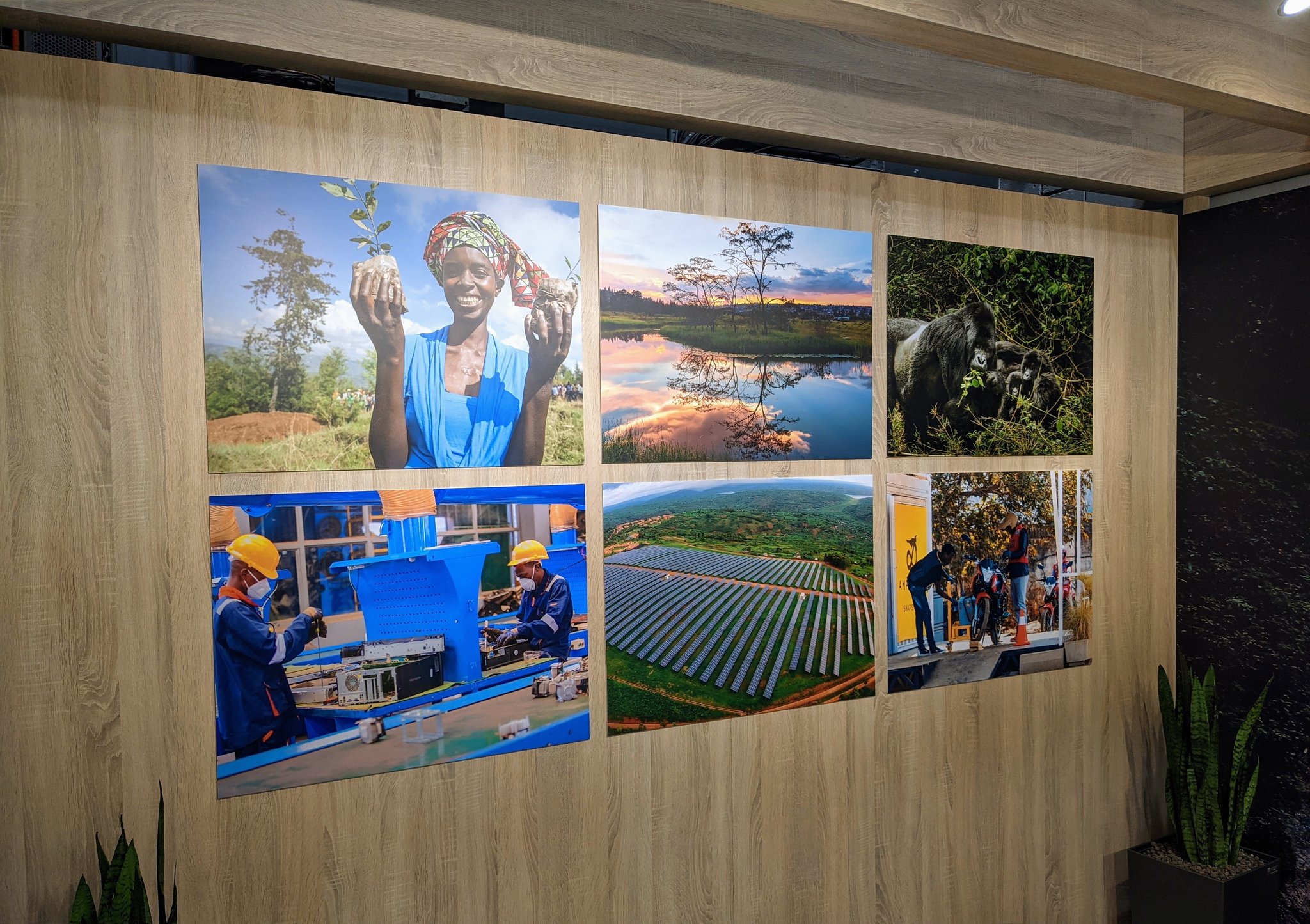Rwanda is gearing up to expand its tree-planting efforts, with 40% of the new trees being indigenous species. The country aims to gain access to the carbon market by demonstrating its commitment to carbon-cutting projects. Researchers are currently studying 20 degraded indigenous tree species to identify those best suited to withstand drought and sequester large amounts of carbon dioxide, vital for climate change mitigation.
Read More: The Business of AI in Africa –Unlocking Opportunities for Innovation
Concorde Nsengumuremyi, the Director General of Rwanda Forestry Authority, revealed that the carbon market framework is ready and awaiting approval in the coming months. This would enable Rwanda to finance projects that reduce emissions in other countries and count those reductions towards its climate targets. The nation aims to decrease greenhouse gas emissions by 38% by 2030.
The restored native trees are expected not only to contribute significantly to carbon sequestration but also to exhibit resilience against harsh weather conditions, diseases, and pests.
Read More: AfriLabs Annual Gathering 2023: Accelerating Africa’s Digital Economy
In a speech at the International Congress for Conservation Biology (ICCB 2023), Jeanne d’Arc Mujawamariya, the Minister of Environment, praised Rwanda’s significant strides in safeguarding and restoring diverse ecosystems over the past three decades. Notably, in early 2019, Rwanda successfully reached its goal of increasing forest cover to 30% of its land area through dedicated efforts to protect and restore degraded ecosystems, such as wetlands, lakes, and natural forests.
Our Story So Far. Your Dreams Matter, Your Stories Matter #DreamsTalks #AfricantechSpace pic.twitter.com/seZElwurGq
— Africanian News (@africaniannews) July 3, 2023









